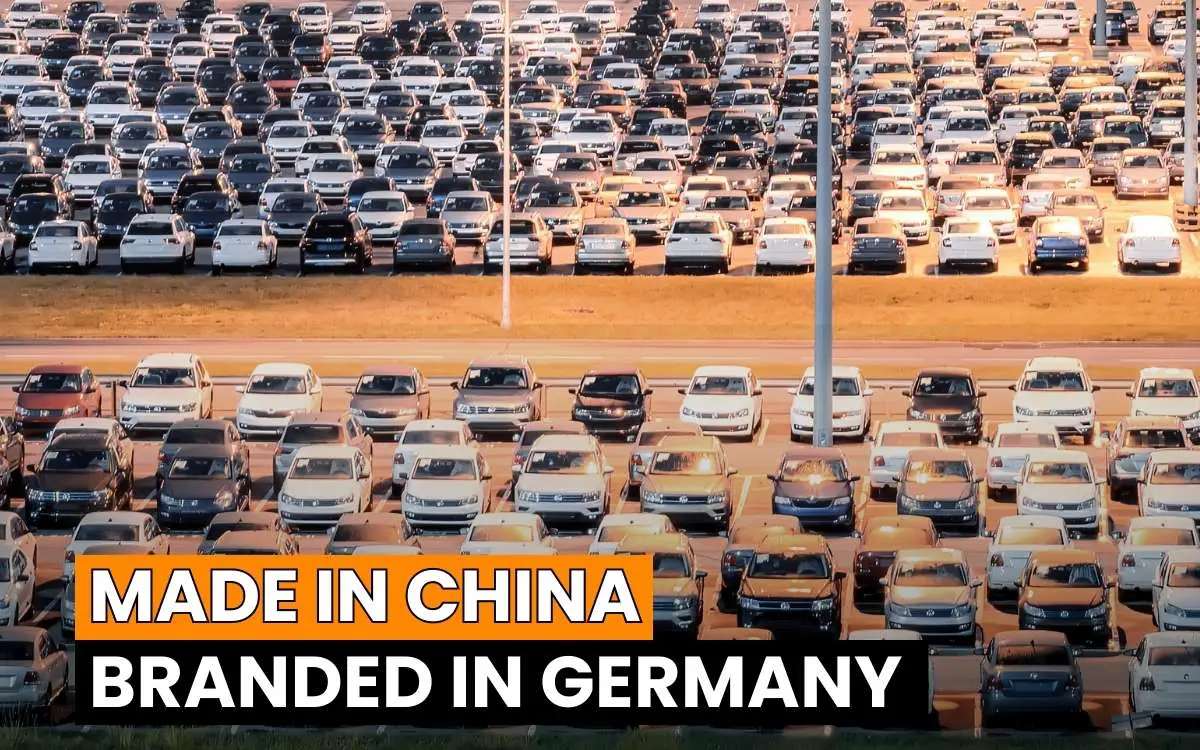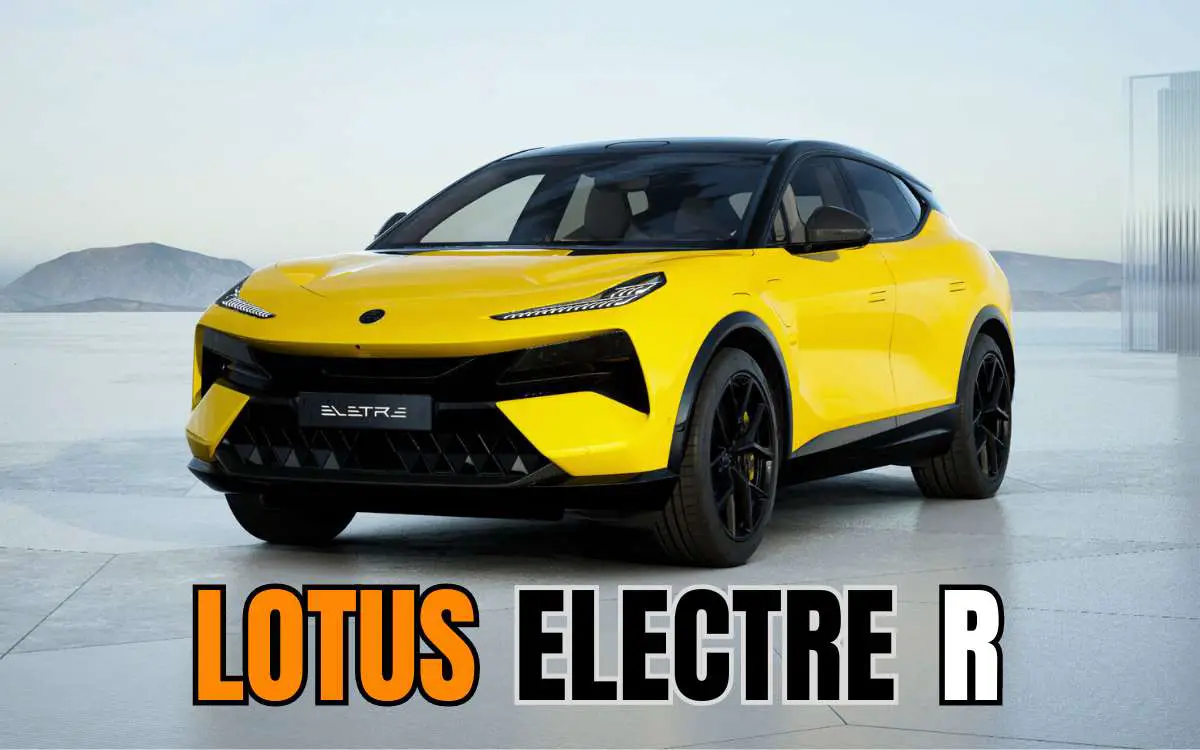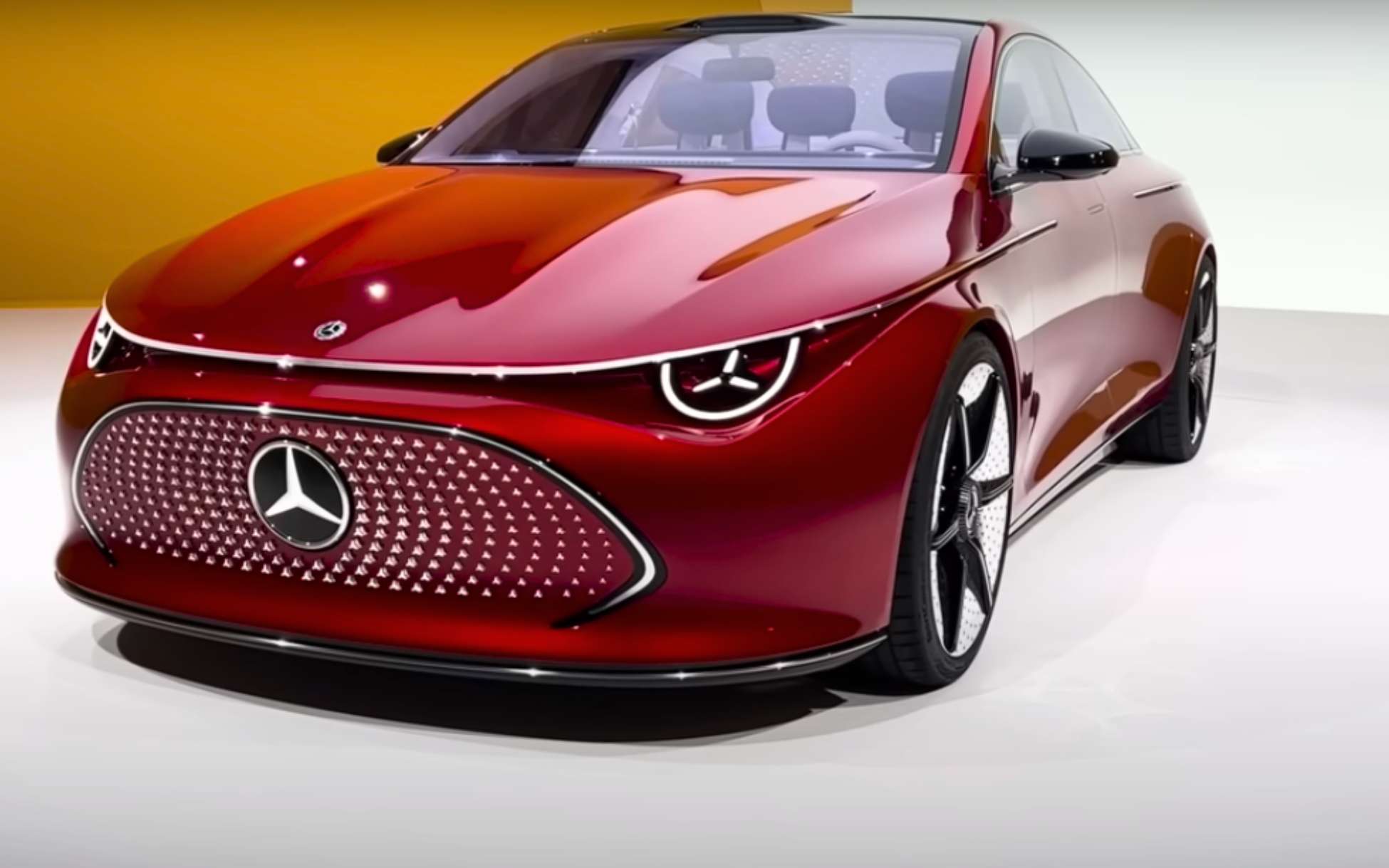In a surprising turn of events, recent developments in the global automotive industry have showcased an uncanny prediction coming true: Germany’s automotive market is undergoing a seismic transformation.
With the passage of just a week, what was predicted years ago now stands eerily correct.
The once-unshakable foundation of Germany’s economy, its automotive sector, is on the brink of upheaval, as China asserts its dominance not only in car manufacturing but also in innovation and technology.
China’s Swift Rise in the Automotive Arena
Germany’s concerns and apprehensions have now become a reality. Within the span of a mere week, China has surpassed Germany to become the second-largest exporter of cars globally, outstripping even Japan.
This shift marks a significant turning point in the automotive landscape, with China’s influence continuing to grow unabated.
Automotive Industry: Germany’s Economic Backbone
The automotive sector, previously the lifeblood of the German economy, is now at a crossroads.
Recent decisions by German automakers over the past six months have set the stage for a potentially devastating blow.
This industry, once the epitome of German engineering prowess, is now under threat.
China’s Disruption and Germany’s Response
In an unexpected twist, German car manufacturers have taken steps that inadvertently pave the way for China’s ascension.
Major players like Toyota, BMW, and Mercedes have announced substantial investments in China’s electrification drive, further cementing China’s foothold in the industry.
Audi, a stalwart of German engineering, is even turning to a Chinese-owned conglomerate for its EV platforms, with significant implications.
A Decimation Looms: Germany’s Dilemma
China’s rapid pace of innovation and electric vehicle (EV) production presents a stark contrast to Germany’s struggle to keep up.
As China forges ahead with bleeding-edge solutions, Germany finds itself in a technological bloodbath. EV solutions and production are much ahead in China, forcing German automakers to collaborate with their Chinese counterparts to stay relevant.
Germany’s Automotive Giants Seek Salvation
Volkswagen, a flagship of the German automotive industry, is taking unprecedented measures to salvage its position.
They canceled the Trinity project (It was the Volkswagen group’s new EV platform) and turned to Chinese-made EV platforms. And, also they have invested $2 billion in a Chinese software company for software development.
The company’s recent decisions are emblematic of a larger strategy to secure its place in the evolving automotive landscape.
Audi’s EVs will be based on a Chinese-owned platform, while Volkswagen plans to leverage multiple platforms for its next-generation EVs.
China: A New Hub for Germany’s Automotive Aspirations
In a staggering twist, Volkswagen’s deep-rooted ties with China have led to decisions that may redefine its role in the automotive industry.
With significant investments in Chinese companies for software, autonomous driving technology, and battery production, Volkswagen is gradually becoming more entwined with the Chinese ecosystem.
And, several brands under the Volkswagen group umbrella are looking at buying AV platforms from Chinese automakers. It’s almost like a desperate dash to keep up.
Brands that Turn to Chinese Technology and Innovations
Audi is getting cozy with Alibaba and SAIC, using their IO Origin electric platform. Meanwhile, Volkswagen has grand plans to roll out two mid-sized EVs by 2026, thanks to XPeng – they’re the ones who will build these EVs using their good old Edward platform.
And then there’s Jetta, Volkswagen’s exclusive China-only brand. They’re in talks with Leap Motor, exploring the possibility of using their four-leaf clover EV architecture.
In Europe, Jetta’s known as a family car, a counterpart to the Passat, but in China, it’s become an entire sub-brand with its own lineup, gaining massive popularity and being among the top three best-selling cars.
But lately, things have been shifting. Volkswagen’s losing ground rapidly in China. They’re in a bit of a scramble to set things right, and their solution is to dive into EV manufacturing.
They’re trying their hand at making EVs themselves, but it seems they’re having a tough time. That’s where Chinese companies step in.
Take Jetta, for example. Volkswagen’s keen on pushing Jetta into the EV business, and their game plan is pretty straightforward. They’re going to leverage a tried-and-tested Chinese EV drivetrain. It’s a strategic move aimed at regaining their market share.
You see, there’s a belief that Chinese-made EV platforms might be more appealing to the Chinese population. This might just be the twist Volkswagen needs to get back in the game.
Interestingly, it was just a couple of weeks ago when Leap Motor made an announcement. They revealed that they’re in discussions with Volkswagen to share their platform.
Some see this as a desperate move by Volkswagen, a sort of admission that their EV technology might not be up to snuff. It’s definitely a bold step.
Strategic Maneuvers in the Face of Crisis
As Germany’s automotive titans scramble to regain their footing, it’s evident that their actions are driven by urgency.
Volkswagen’s CEO likened the situation to a burning roof, underlining the gravity of the crisis. With immense debt and mounting disruptions, the Volkswagen Group is repositioning itself to adapt and thrive.
China’s Impact on Legacy Automakers
The once-unchallenged legacy automakers are now embracing a new reality: the integration of Chinese technology into their offerings.
As Toyota, Ford, and even Renault align themselves with Chinese partners, the landscape of the automotive industry is undergoing a fundamental shift.
The Road Ahead: Challenges and Opportunities
Volkswagen’s strategic collaboration with Chinese companies signals a shift in its approach to self-driving technology and EV platforms.
This bold move has far-reaching implications, not only for the German automotive industry but also for consumers worldwide.
However, some criticize China’s swift NEV (New Energy Vehicles: hybrid, plug-in hybrid, and EVs) expansion for lowering EV quality. Some highlights that cases of EV fires and breakdowns point to subpar Chinese manufacturing.
Conclusion: Navigating Uncharted Territories
As the German automotive industry navigates uncharted territories, the confluence of innovation, disruption, and strategic alliances presents both challenges and opportunities.
With China rapidly ascending the automotive throne, Germany’s automakers are faced with a choice: adapt or risk irrelevance.
As the wheels of change continue to turn, the road ahead is uncertain, but one thing remains clear—China’s influence on the global automotive industry is a force to be reckoned with.






Leave a Reply